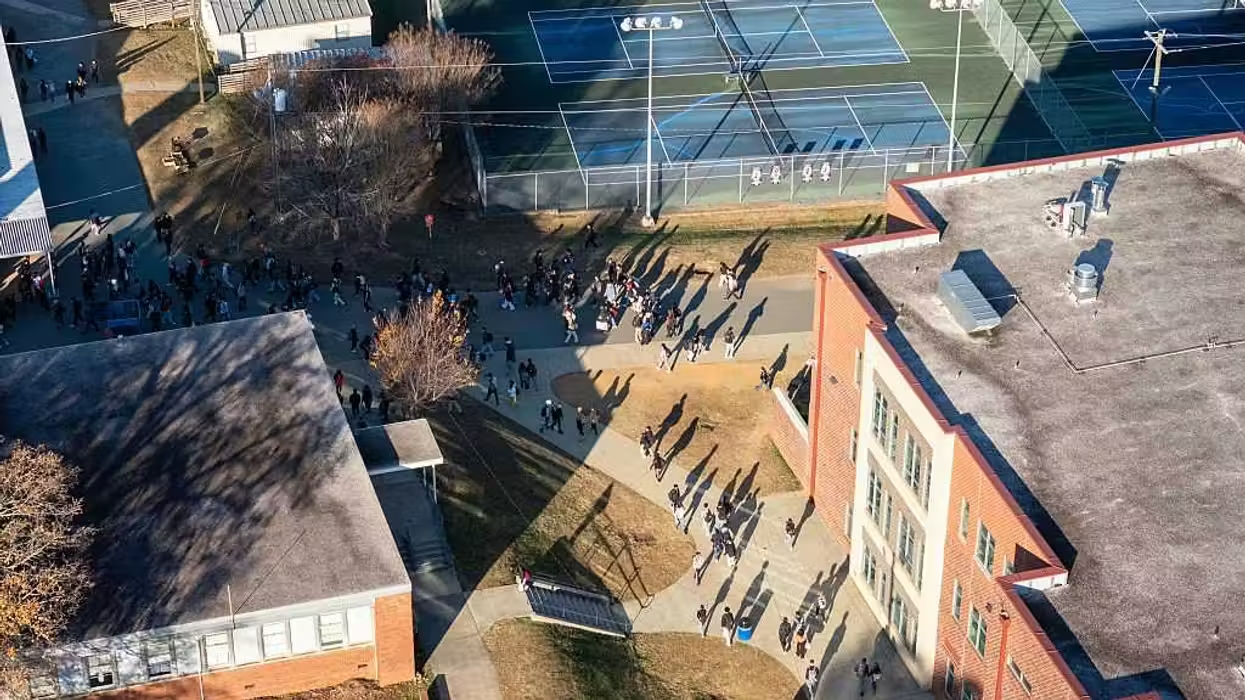
© 2025 Blaze Media LLC. All rights reserved.
Do You Want the Good News or Bad News First? Find Out Which Most People Prefer
November 18, 2013
Do you want the good news or bad news first?
 Photo credit: Shutterstock
Photo credit: Shutterstock
Researchers at the University of California-Riverside wanted to figure out just what most people would pick to hear first; what most people would prefer to tell first; and what order of news is most beneficial. What they've found is that it's complicated.
Psychologists Angela Legg and Kate Sweeny found that recipients of news -- more than 75 percent -- would want bad news first, while the deliverers would want to give the good news first and bad news last, according to the university news release.
Legg and Sweeny also studied the "bad news sandwich," delivering information in a good-bad-good pattern. They found this strategy doesn't benefit the recipient but the news-giver.
“Our findings suggest that the primary beneficiary of the bad news sandwich is news-givers, not news-recipients,” the authors said in a statement.
“If you’re a manager, a bad news sandwich can make people feel good, but it might not help them improve their behavior,” Legg added.
According to the research, their experiments to identify news giving/receiving preferences show that it's "important to fit the delivery to the outcome goal,” Legg said.
“If you’re a physician delivering a diagnosis and prognosis that are severe, where there is nothing the patient can do, tell them the bad news first and use positive information to help them accept it," she said. "If there are things a patient can do, give them the bad news last and tell them what they can do to get better.”
In addition to the doctor-patient relationship, other real-world applications for delivering or receiving news included the teacher-student, employer-employee, romantic partner and parent-child relationships.
“Our findings suggest that the doctors, teachers and partners in these examples might do a poor job of giving good and bad news because they forget for a moment how they want to hear the news when they are the patients, students, and spouses, respectively," the researchers said. "News-givers attempt to delay the unpleasant experience of giving bad news by leading with good news while recipients grow anxious knowing that the bad news is yet to come. This tension can erode communication and result in poor outcomes for both news-recipients and news-givers.”
The study was published earlier this month in the journal Personality and Social Psychology Bulletin.
Featured image via Shutterstock.
(H/T: National Geographic)
--
[related]
Want to leave a tip?
We answer to you. Help keep our content free of advertisers and big tech censorship by leaving a tip today.
Want to join the conversation?
Already a subscriber?
more stories
Sign up for the Blaze newsletter
By signing up, you agree to our Privacy Policy and Terms of Use, and agree to receive content that may sometimes include advertisements. You may opt out at any time.
Related Content
© 2025 Blaze Media LLC. All rights reserved.
Get the stories that matter most delivered directly to your inbox.
By signing up, you agree to our Privacy Policy and Terms of Use, and agree to receive content that may sometimes include advertisements. You may opt out at any time.





